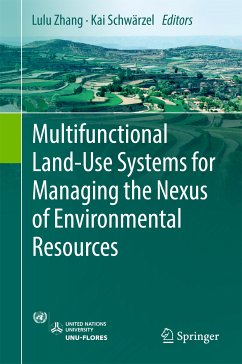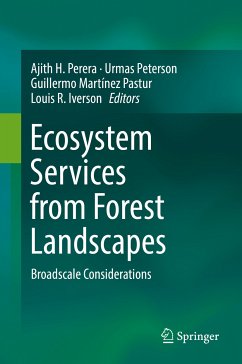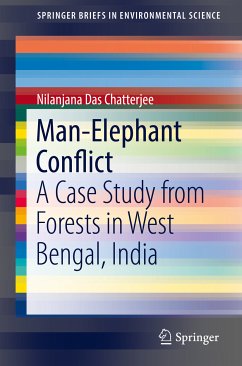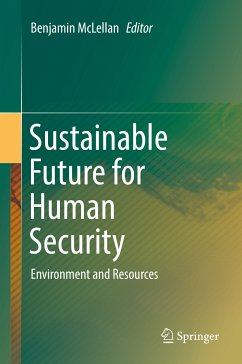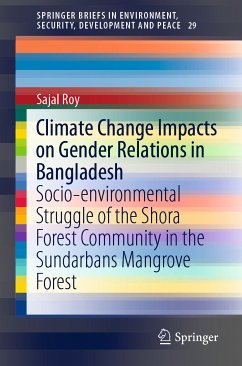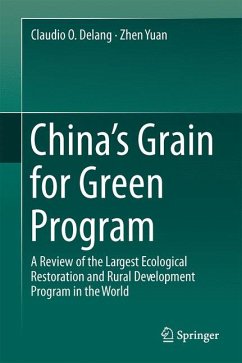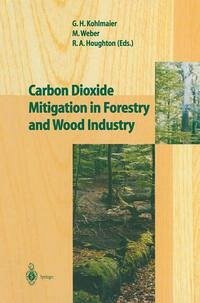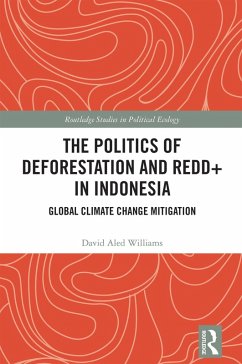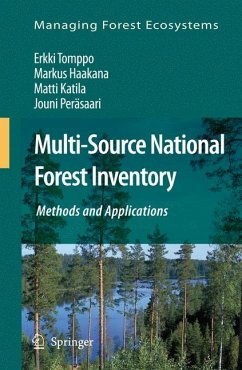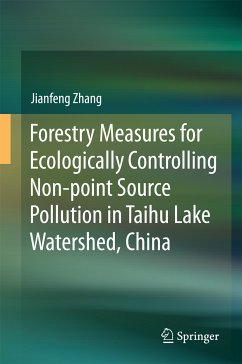
Deforestation in the Teknaf Peninsula of Bangladesh (eBook, PDF)
A Study of Political Ecology
Redaktion: Tani, Masakazu; Rahman, Md Abiar
Versandkostenfrei!
Sofort per Download lieferbar
72,95 €
inkl. MwSt.
Weitere Ausgaben:

PAYBACK Punkte
36 °P sammeln!
This book presents a political ecology study on deforestation in the Teknaf Peninsula of Bangladesh. The study's aim was to elucidate social factors contributing to processes of deforestation, including poverty, migration of refugees, forest encroachment, and power relations entailed in forest management. The individual analyses presented in the book are entirely based on primary information obtained through original field work conducted over a period of 7 years, and on remote sensing using satellite imagery and GIS techniques. The second half of the book considers reforestation approaches suc...
This book presents a political ecology study on deforestation in the Teknaf Peninsula of Bangladesh. The study's aim was to elucidate social factors contributing to processes of deforestation, including poverty, migration of refugees, forest encroachment, and power relations entailed in forest management. The individual analyses presented in the book are entirely based on primary information obtained through original field work conducted over a period of 7 years, and on remote sensing using satellite imagery and GIS techniques. The second half of the book considers reforestation approaches such as social and homestead forestry that have wider applications within developing countries.
Dieser Download kann aus rechtlichen Gründen nur mit Rechnungsadresse in A, B, BG, CY, CZ, D, DK, EW, E, FIN, F, GR, HR, H, IRL, I, LT, L, LR, M, NL, PL, P, R, S, SLO, SK ausgeliefert werden.



